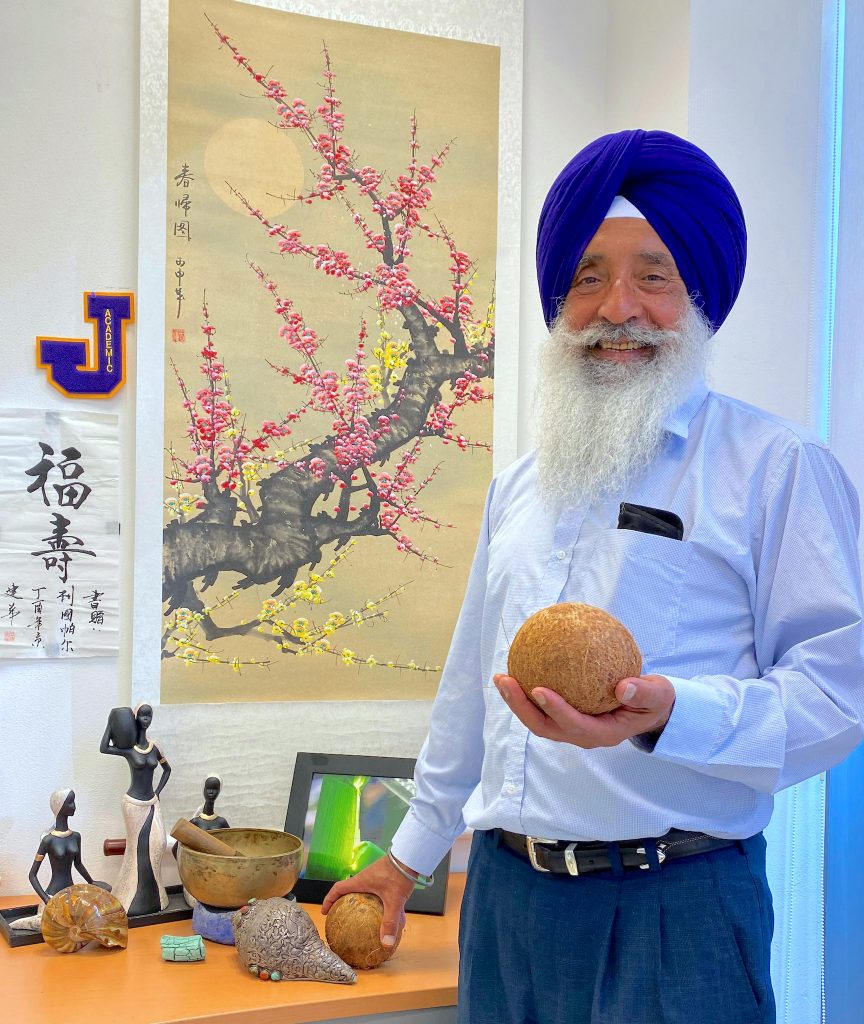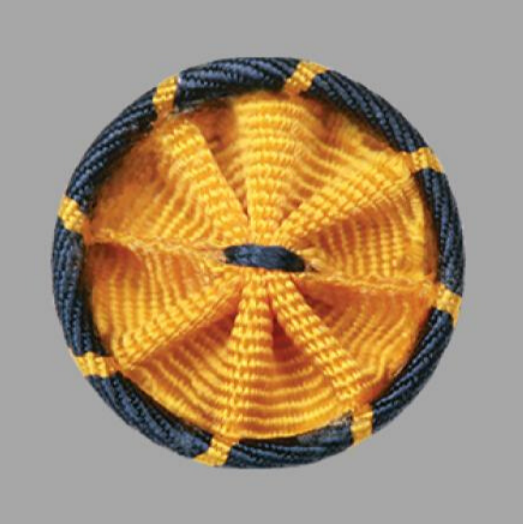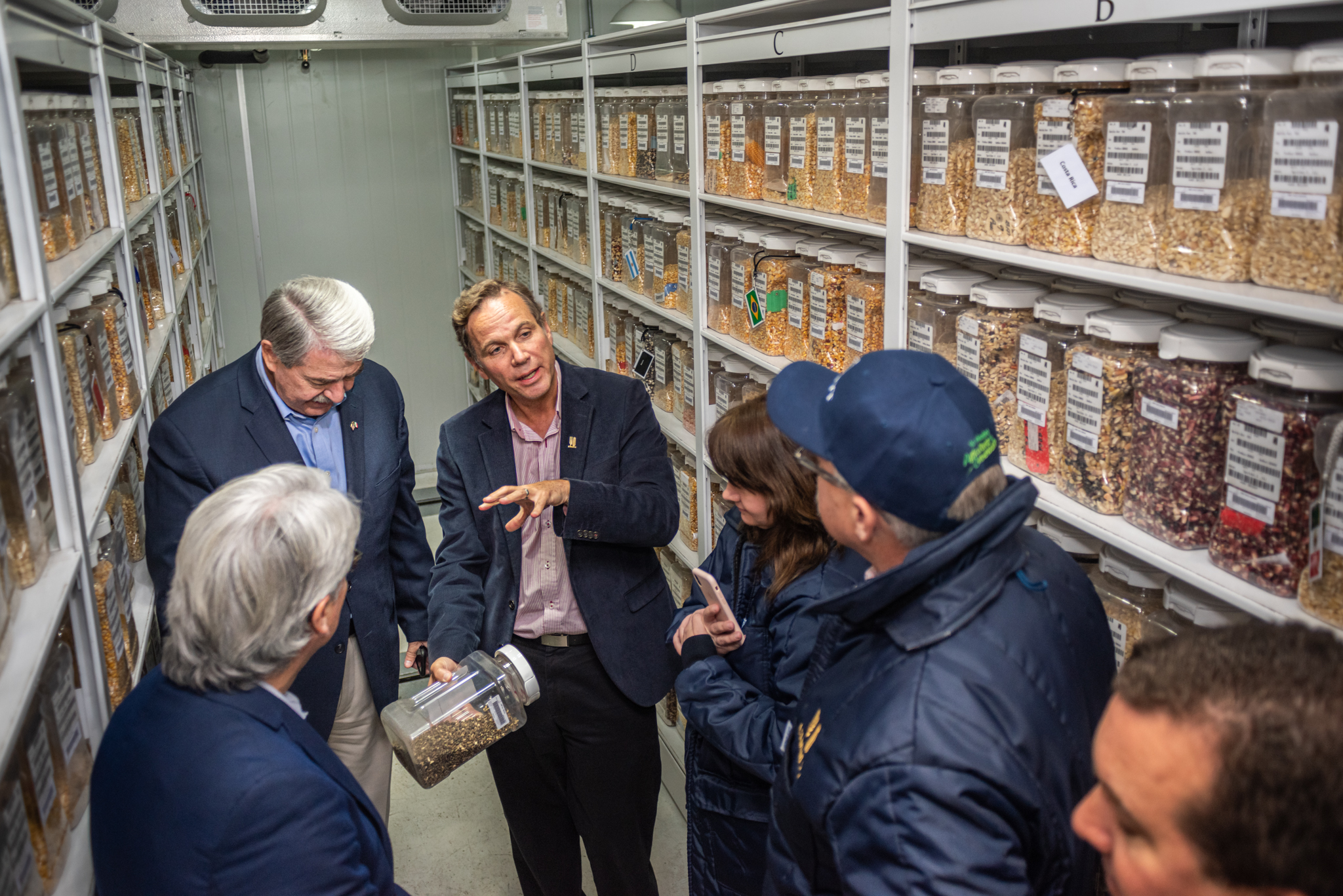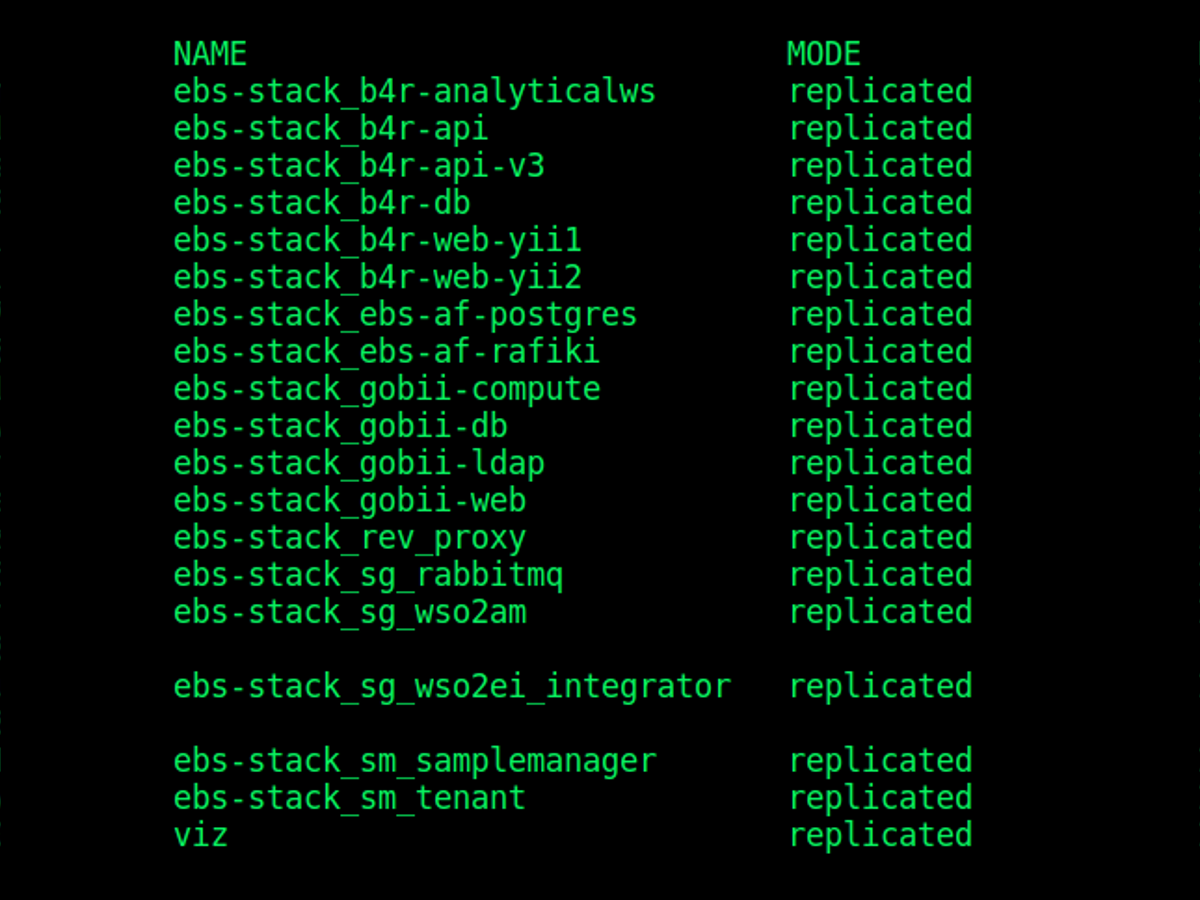Kanwarpal S. Dhugga, a Principal Scientist at the International Maize and Wheat Improvement Center (CIMMYT) who specializes in biotechnology, has been elected a Fellow of the American Association for the Advancement of Science (AAAS), Section on Biological Sciences, in recognition of his invaluable contributions to science and technology.
Announced by AAAS on November 26, 2019, the honor acknowledges among other things Dhugga’s leading research on plant cell wall formation, with applications including their role in lodging resistance and in producing high-value industrial polymers in maize and soybean, and the assimilation, transport, and metabolism of nitrogen in plants.
“I consider this a special honor,” said Dhugga, who leads CIMMYT’s research in biotechnology with a focus on editing genes for disease resistance in maize and wheat. He has published in high-impact scientific journals including Science, the Proceedings of the National Academy of Sciences (USA), Plant Cell, Molecular Plant, Plant Biotechnology Journal, Plant Physiology and others.
AAAS Fellows are elected each year by their peers serving on the Council of AAAS, the organization’s member-run governing body. Scientists who have received this recognition include the inventor Thomas Edison (1878), anthropologist Margaret Mead (1934), and popular science author Jared Diamond (2000), as well as numerous Nobel laureates. The election of Dhugga doubles the tally of AAAS fellows at CIMMYT, the other one being Ravi P. Singh, Distinguished Scientist and Head of Global Wheat Improvement.
“Kanwarpal merits CIMMYT’s wholehearted congratulations for this prestigious recognition of his standing in science,” said Kevin Pixley, director of CIMMYT’s Genetics Resources program, to which Dhugga belongs. “I’m humbled and grateful to count him as a member of our team.”

A native of Punjab in India, Dhugga has a M.Sc. in Plant Breeding from Punjab Agricultural University and a Ph.D. in Botany (Plant Genetics) from the University of California, Riverside. He was introduced to membrane protein biochemistry and cell wall synthesis during his postdoctoral research at Stanford University in the laboratory of Peter Ray. Prior to joining CIMMYT in 2015, Dhugga worked at DuPont Pioneer (now Corteva) from 1996 to 2014.
In addition to scientific excellence, Dhugga counts among his achievements prominent international, public-private partnerships, such as the one he led between DuPont Pioneer and the Australian Centre for Plant Functional Genomics to explore new avenues to improve plant nitrogen use efficiency and reduce culm (stalk) lodging in cereals from 2004 to 2014. He continues to explore opportunities to secure funds for undertaking joint work with the collaborators from that period, thanks to the relationships fostered then. One of the scientists in his current group actually completed his Ph.D. under that collaboration.
As part of science outreach he has guided the research of many graduate students in Australia, Canada, India, and the US, a country of which he is also a citizen, and helped make high-quality education accessible to the underprivileged, including establishing a private school in his ancestral village in the state of Punjab in India.

Dhugga has also been successful as a principal or co-principal investigator in attracting significant funding for scientific research from public agencies such as the US Department of Energy, the US National Science Foundation, USAID, and the Australian Research Council. Part of his current research is supported by a grant from the Bill & Melinda Gates Foundation. At DuPont Pioneer he was the recipient of two separate, highly competitive research grants to carry out high-risk, discovery research outside of the area of the assigned company goals.
Among his research endeavors, Dhugga highlights a breakthrough he made in the area of cell wall biosynthesis under a discovery research grant from DuPont Pioneer. He identified the gene for an enzyme that propels the chemical reactions to produce guar gum, a cell wall polymer that is also used in industrial products from shampoos to ice cream and is a dominant component of the coconut kernel. The results were published in Science. On a basic level, this provided biochemical evidence for the first time for the involvement of any of the genes from the large plant cellulose synthase gene family in the formation of a cell wall polymer. Dhugga also confides that whenever he flies over coconut plantations anywhere, he gets butterflies in his stomach at the thought that he was the first one to know how simple molecules made a complex matrix that became the edible kernel of the coconut.
“That study constituted a prime example of the power of cross-disciplinary research in answering a longstanding fundamental question in plant biology,” he said. “Assaying enzymes involved in the formation of cell wall polymers is extremely difficult. The approach we used — identify a candidate gene by combining genomics with biochemistry and then express it in a related species lacking the product of the resulting enzyme to demonstrate its function — was subsequently applied by other scientists to identify genes involved in the formation of other key plant cell wall polymers.”
Dhugga will receive a pin as a token of his election as Fellow in an AAAS ceremony in Seattle, Washington, USA, on February 15, 2020.
 Innovations
Innovations 
